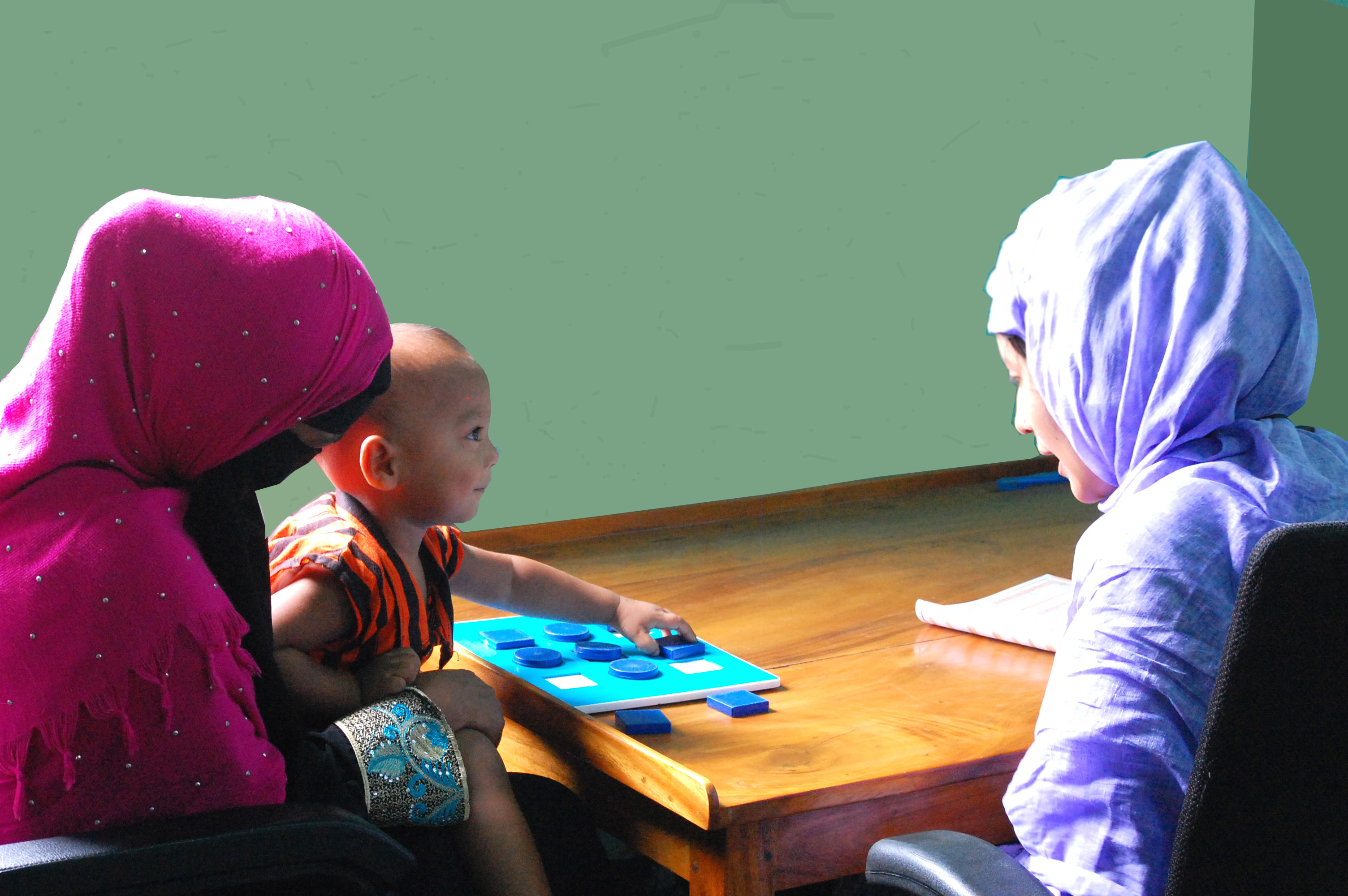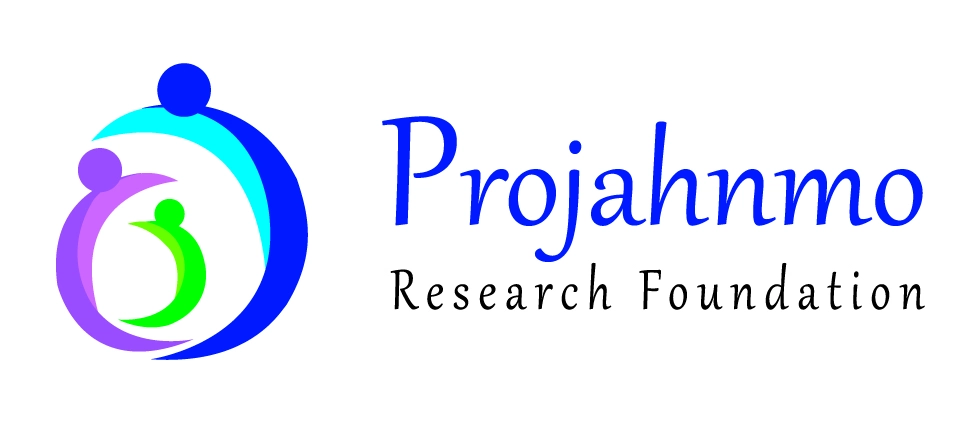
Field-testing and validation of the Global Scale for Early Development (GSED) for 0- to 3-year-old children.
Study Period: April 2019 to August 2022
Sample Size: 1248
Doner: The Bill & Melinda Gates Foundation through World Health Organization.
Project Description:
Background:While the importance of early development has been well recognized globally, universal measures designed to quantify early child development (ECD) are lacking, particularly for the youngest children. Measurement tools are necessary not only for tracking progress toward meeting global policy goals, but also for informing resource allocation and programming to provide the necessary support to enable children to reach their developmental potential. Current measures of child development range from proxy measures to detailed measures of individual performance that can be expensive, culturally inappropriate, or time-intensive to administer. Neither these proxy measures nor the individual measures are adequate for program evaluation. As yet, there are no widely accepted universal measures of early child development that can be applied at the population level for children under 3 years of age.
Objective: The overarching aim of the Global Scale for Early Development (GSED) Project is to develop a robust, universal and psychometrically sound scale to measure development of children aged 0-3 years through two measurement instruments. This study aims at the validation of the instruments with the specific objectives
i) To test the feasibility of the proposed procedures for set up, training and data collection within countries, and obtain feedback on feasibility and domain alignment on items proposed to be in the prototype instruments; and
ii) To determine the psychometric properties of the GSED instruments (short and long form).
Method:The study is designed as a prospective, short-term longitudinal study, using an age and sex stratified sample. Through piloting and field testing in three nations, including Bangladesh, Pakistan, and Tanzania, it uses a multi-method approach to evaluate the cross-cultural validity of the instruments to measure child development as well as the viability of their use.
In Bangladesh, the study is conducting in Projahnmo field site in Sylhet. Older children are recruiting from children who are already enrolled in the AMANHI-ACT study being conducted in our study site where we maintain a health and demographic surveillance. Younger children are recruiting from three tertiary care hospitals in Sylhet city. The total sample size for Bangladesh site is 1248 individual children from the general population, balanced by gender.
We expect at the end of this study to have two instruments developed for population-level monitoring and programmatic evaluation. In the long run, this study will benefit children and families by providing feasible and reliable means of collecting epidemiological data on early development that could be used to monitor progress and policy-level changes (with the short form), and program evaluation (long form). This will be useful for policy-makers and governments in deciding priorities for funding and intervention. Global organizations will be able to use the data for cross-country comparisons and trend analyses. We expect that the instruments will provide countries with an indication of how the youngest children in their country are developing and become a motivation to invest and promote healthy development.
